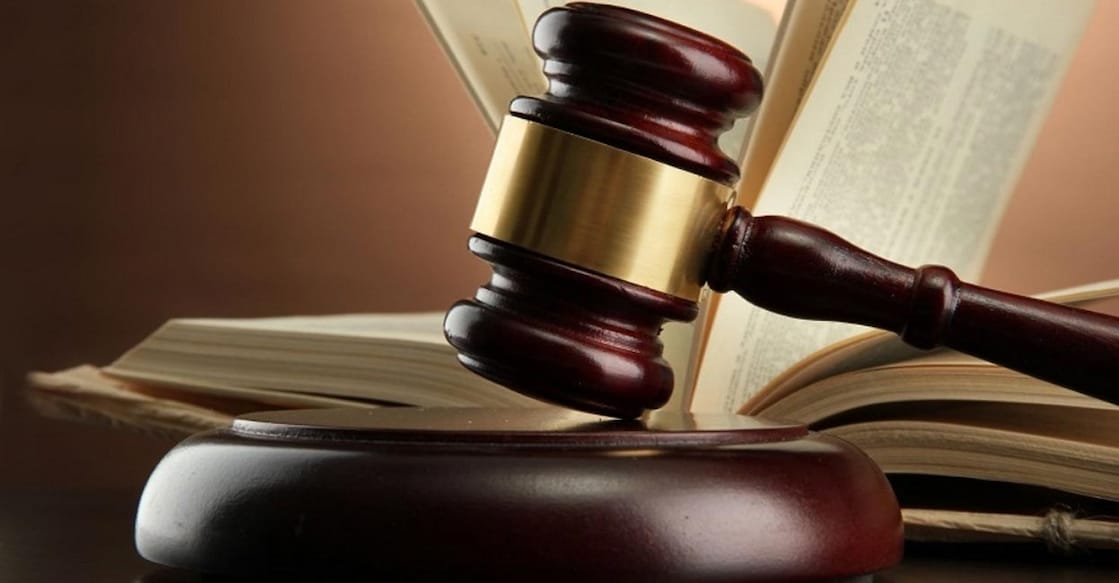After HC nudge, Kasaragod court drops placard punishment for drug accused who sought bail

Mail This Article
Kasaragod: After the Kerala High Court's intervention, Kasaragod Sessions Judge Sanu S Panicker dropped a controversial bail condition that required a drug case accused to stand in public for five days holding a placard that read, 'Say no to liquor and drugs. They rob you of yourself, your friends, and your family.' Instead, the court directed the accused, Abdul Safwan (25), to attend anti-drug awareness classes for two days as a bail condition, an option he suggested to the court.
On January 16, Onmanorama reported that the bail order required Safwan, a native of Padannakkad in Kanhangad, to stand in public for three hours a day over five days, holding the placard in places picked by the investigating officer. The same report also highlighted that there was no provision in law to impose community service as a bail condition. Safwan had spent eight months in prison before applying for bail.
According to sources, the Kerala High Court's administrative judge for Kasaragod district, Justice Ziyad Rahman A A, took exception to the bail condition and phoned the Sessions Judge Panicker immediately after the bail order became public.
Soon after, Abdul Safwan's counsel, Adv A Manikandan, appealed to the same Sessions Judge to lift the placard condition instead of approaching a higher court.
In his petition, Safwan said he was unable to comply with the condition imposed by the court as he was suffering from various illnesses. One of them is xeroderma pigmentosum, a rare genetic disorder where the skin is extremely sensitive to ultraviolet radiation. This condition increases the risk of skin cancers and eye problems.
Safwan prayed for relaxation of the bail condition and said he was "ready to attend anti-drug awareness classes instead".
Public prosecutor Adv P Venugopalan said Safwan was involved in six more drug cases, of which he was convicted in three under the Narcotic Drugs and Psychotropic Substances (NDPS) Act. He said the placard condition need not be lifted as it would send a "good message to society" and "prevent people from engaging in illicit trafficking of narcotic drugs". Venugopalan added that the accused may also attend anti-drug awareness classes organised by the Social Welfare Department in Kasaragod for his reformation.
In the revised order, the court did not delve into Safwan's medical condition. It, however, said: "It is true that there are no definite provisions in bail law empowering the court to issue an order of community service as one of the bail conditions." However, when the impact of crime adversely affects the community at large to a great extent, some positive steps should be taken by the judiciary to ensure that offences such as this nature are being eradicated from society, Judge Panicker wrote.
"Needless to say, the usage of illicit drugs not only affects individuals who abuse drugs but also affects their families, friends and our society... When an accused who seeks bail is a habitual offender regularly engaged in illicit drug trafficking who has been convicted by a court of law for a very similar offence earlier, the court would not be powerless to impose the required condition for the public good for preventing crimes," the Judge wrote and added: "Further, a condition of community service for the public good would sometimes reform the accused himself."
He had cited the same reasons in the original order dated January 9, when he asked Safwan to stand with a placard.
However, in the amended order, dated January 22, the judge lifted the condition, asking him to stand with a placard and saying: "Having considered the above all aspects... I am of the view that instead of directing the petitioner to comply with the impugned condition, he can be directed to attend anti-drug awareness classes being organised by the Social Welfare Department of Kasaragod for two days."

